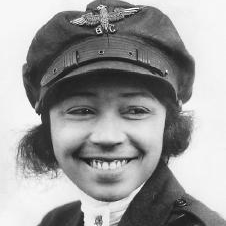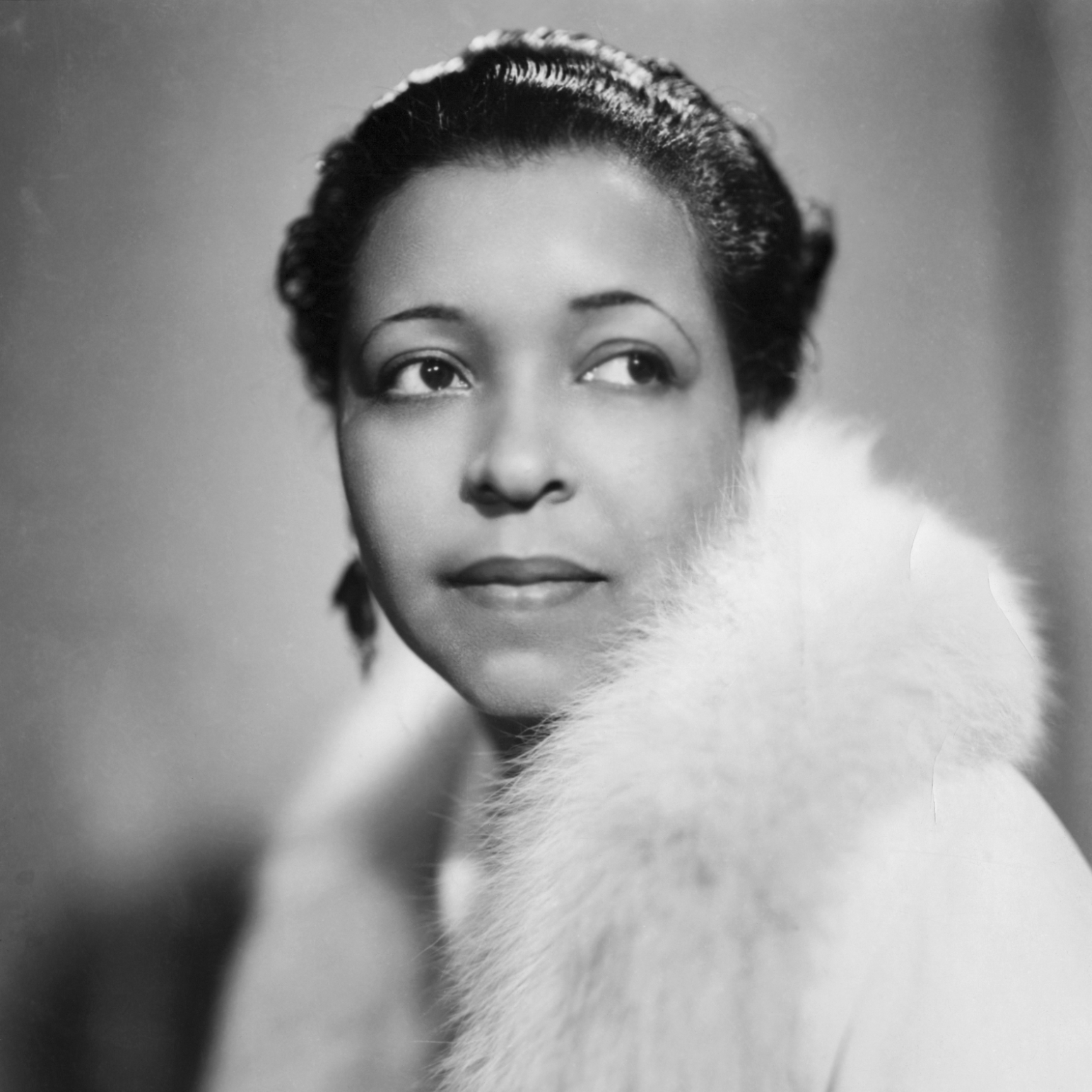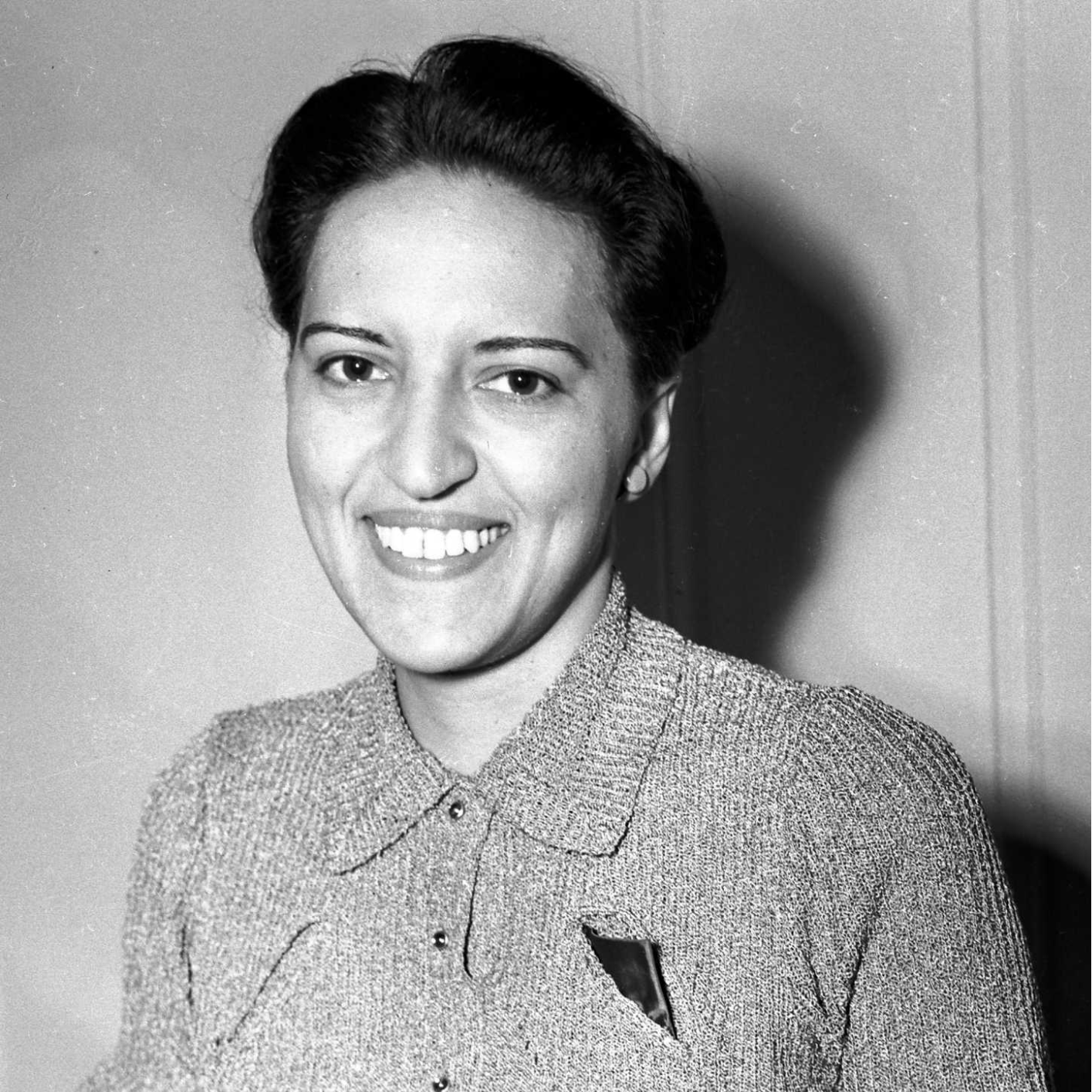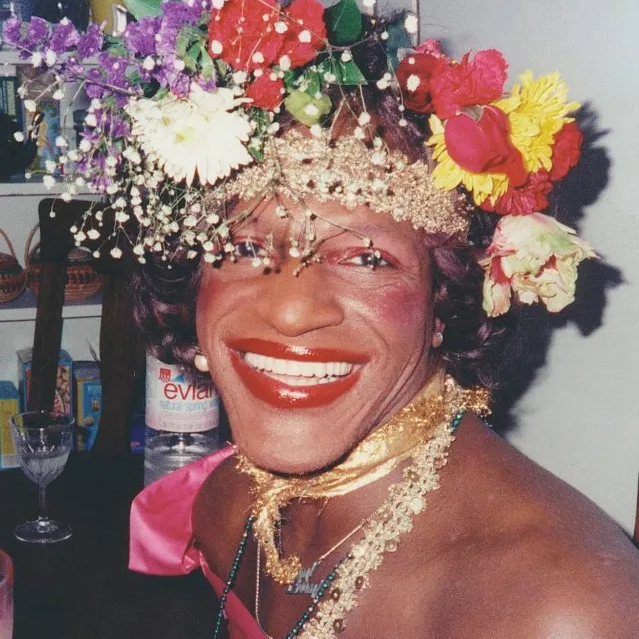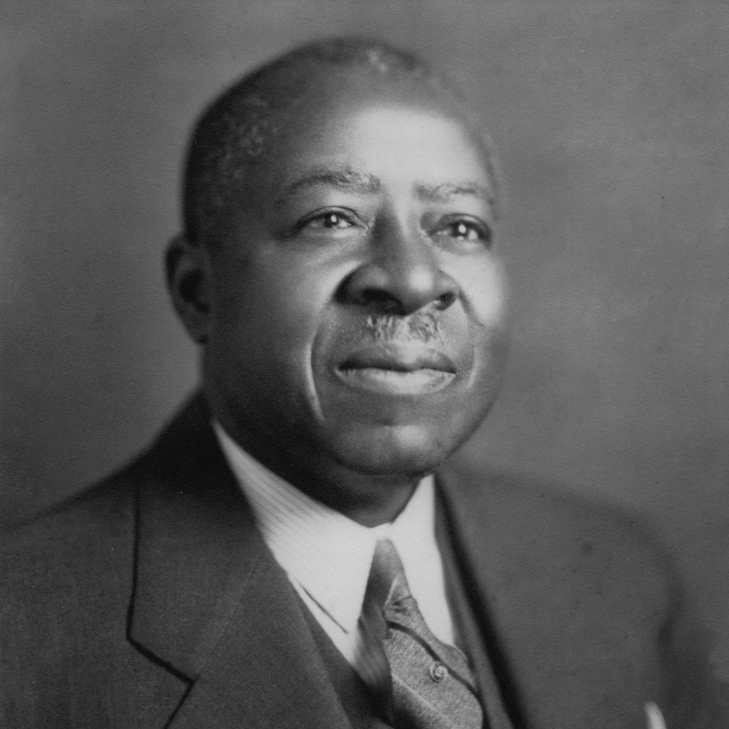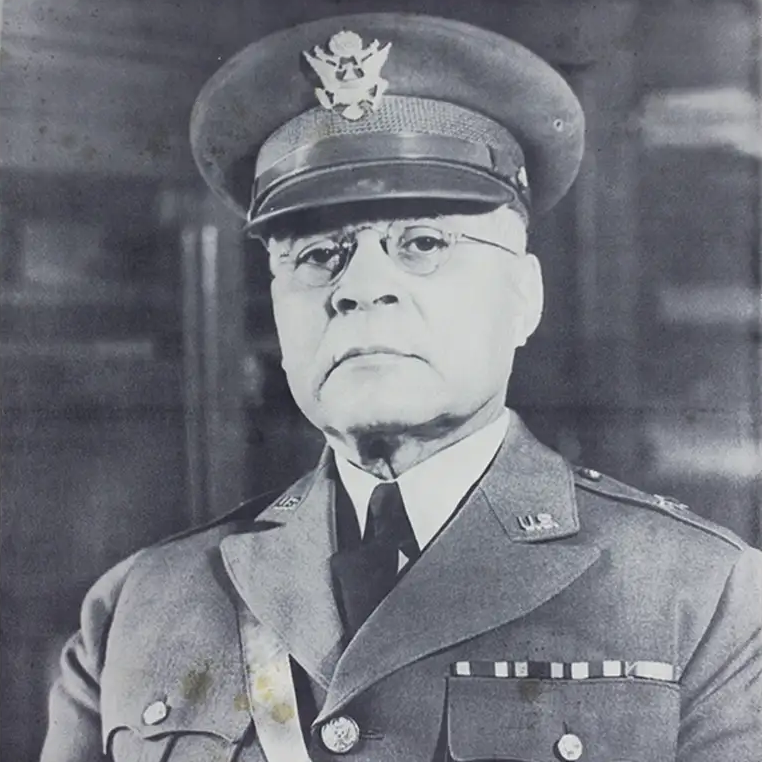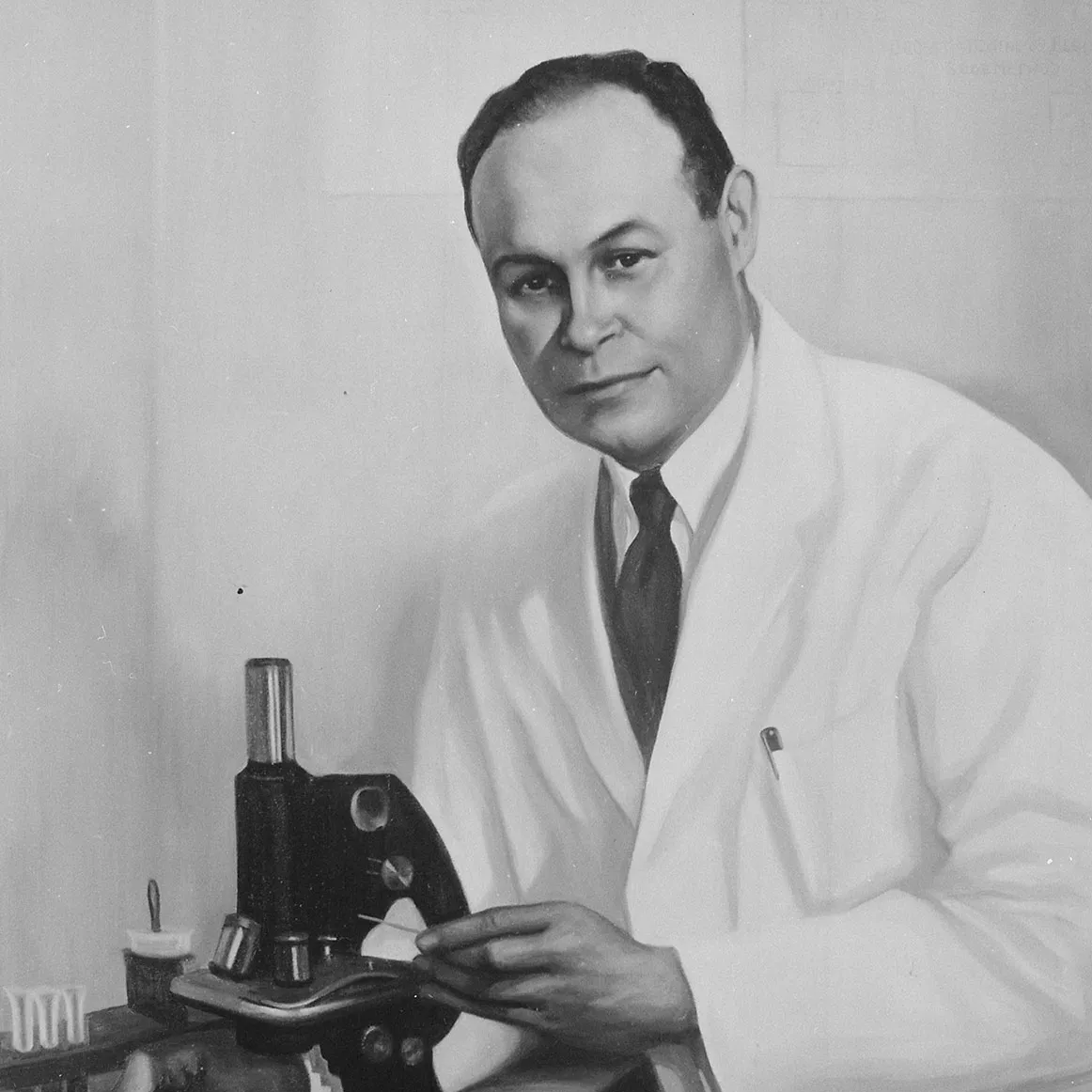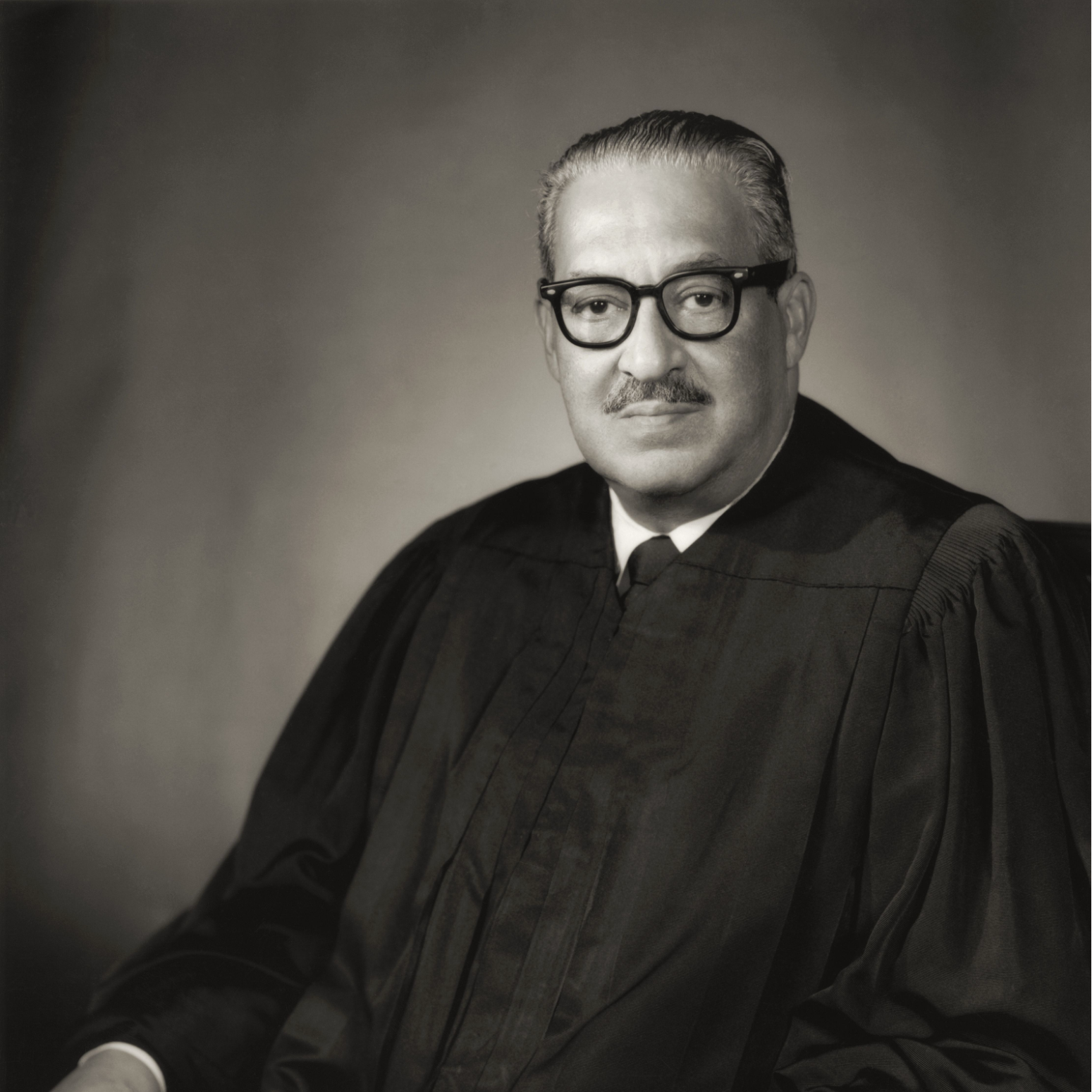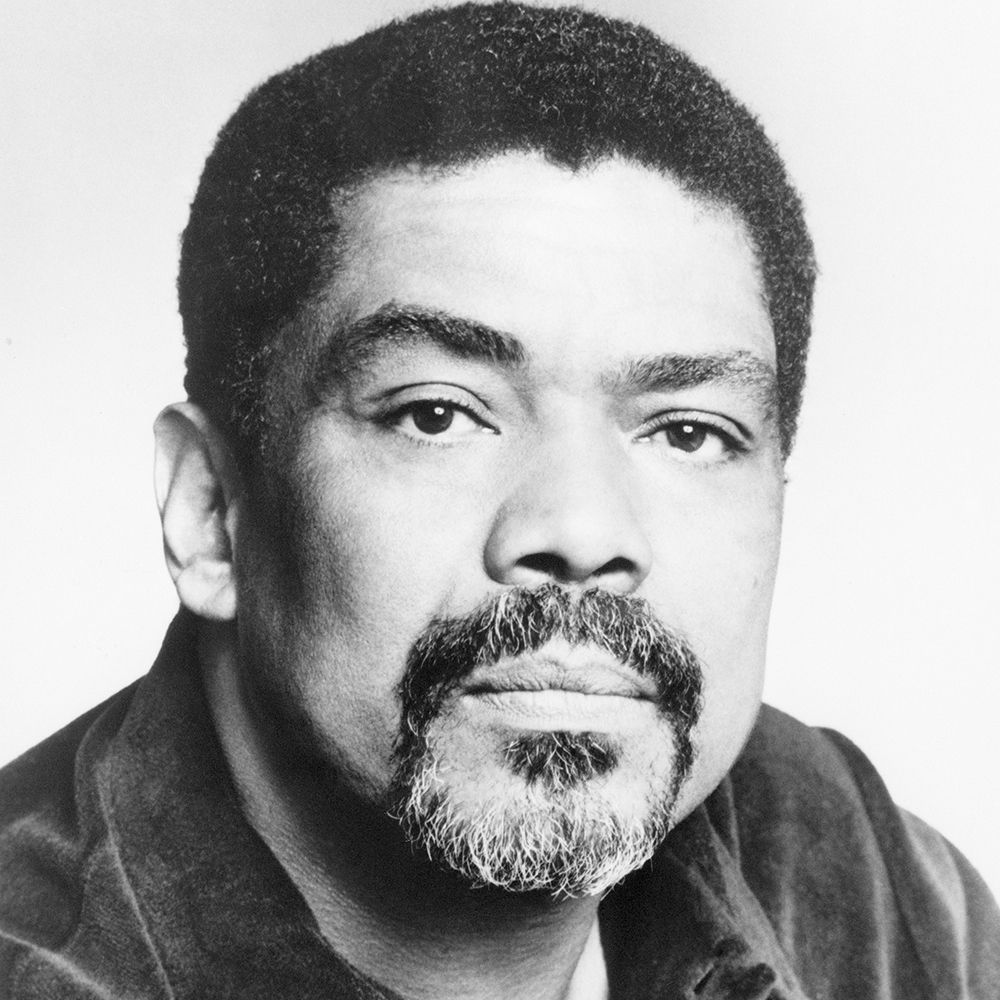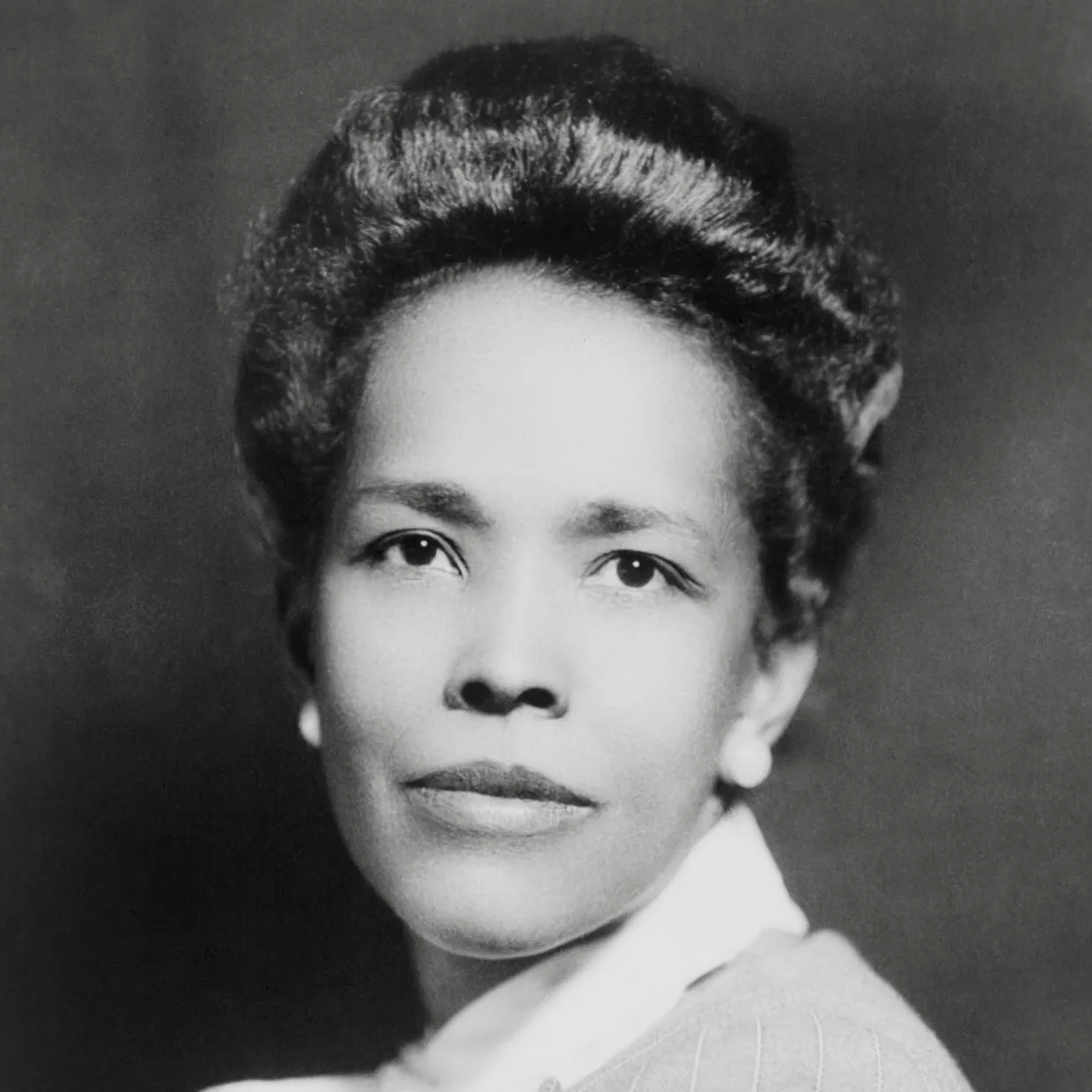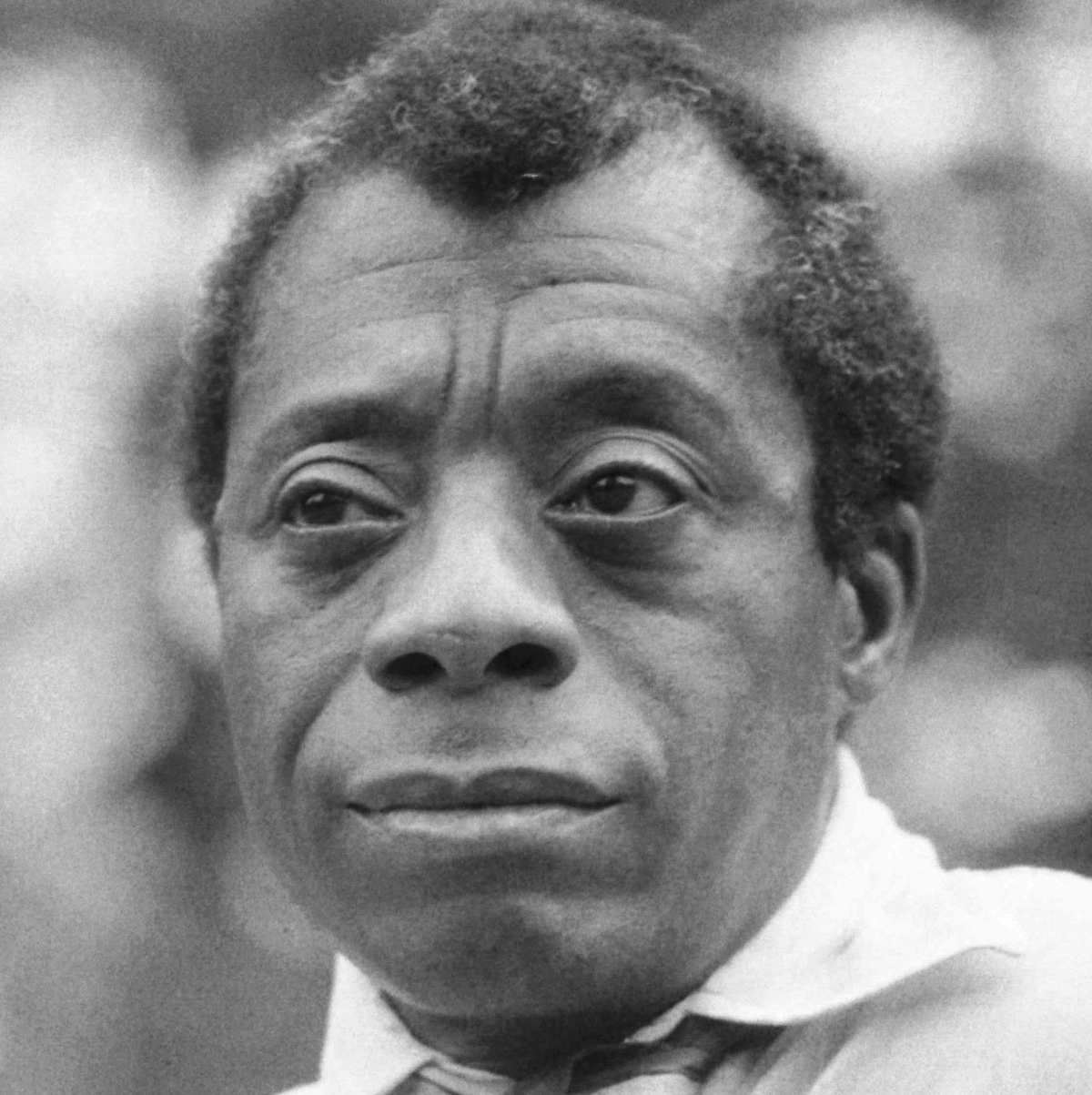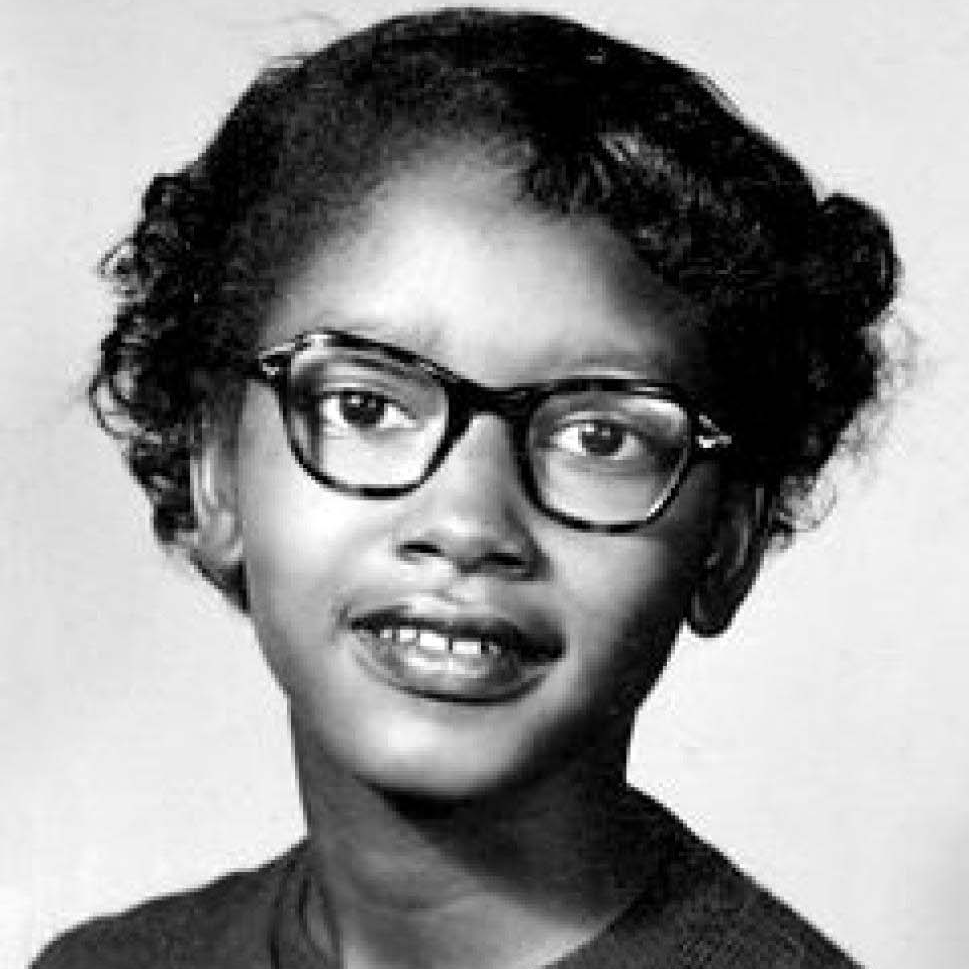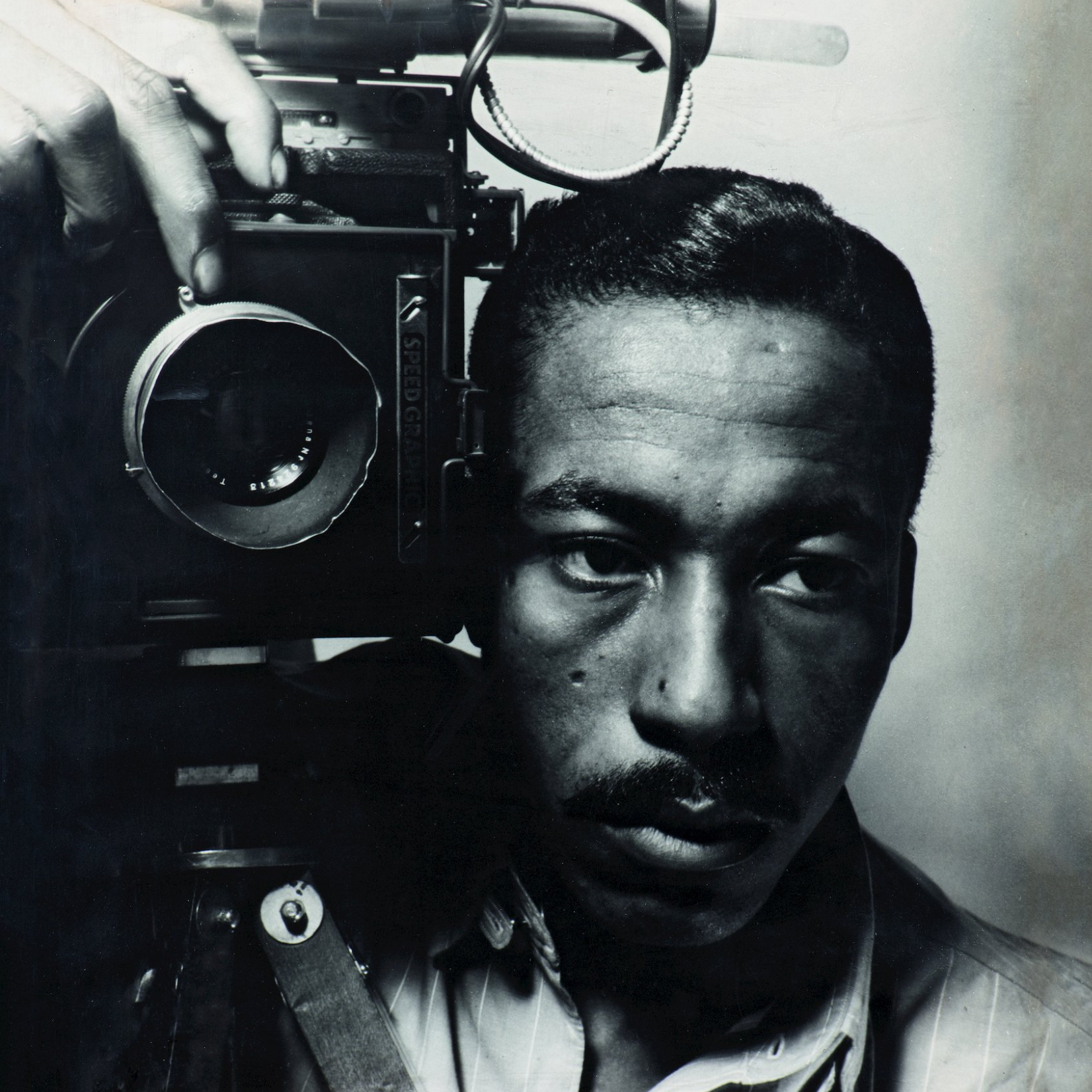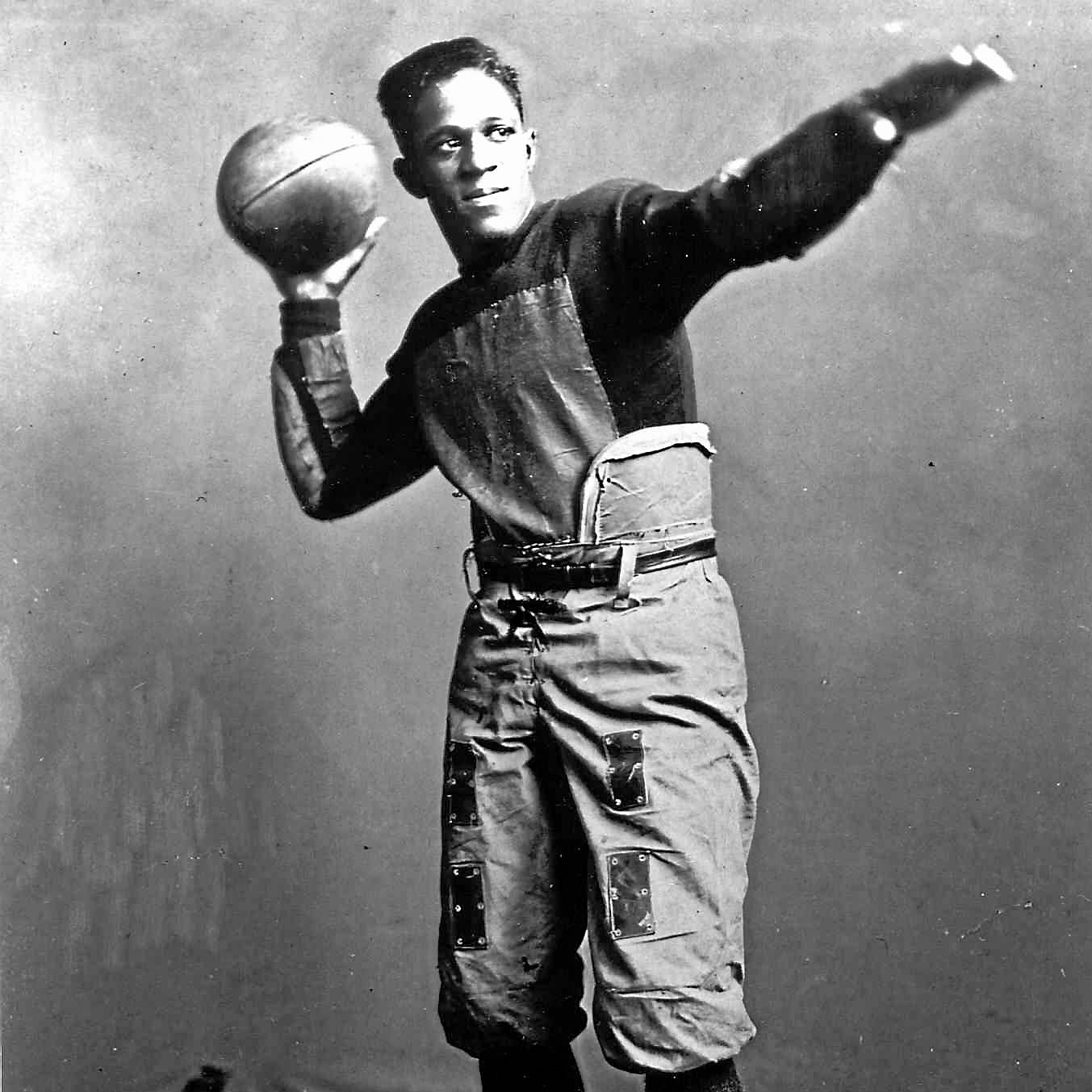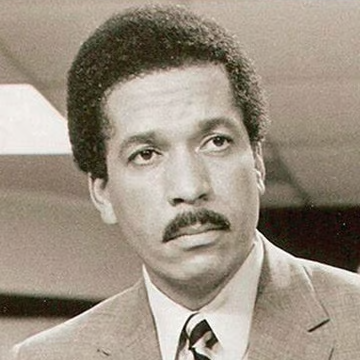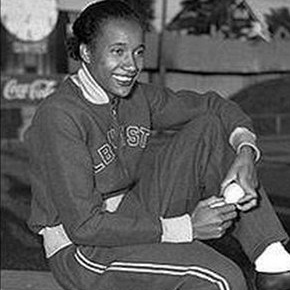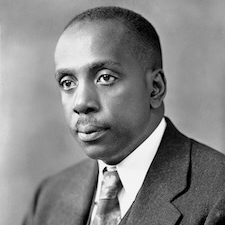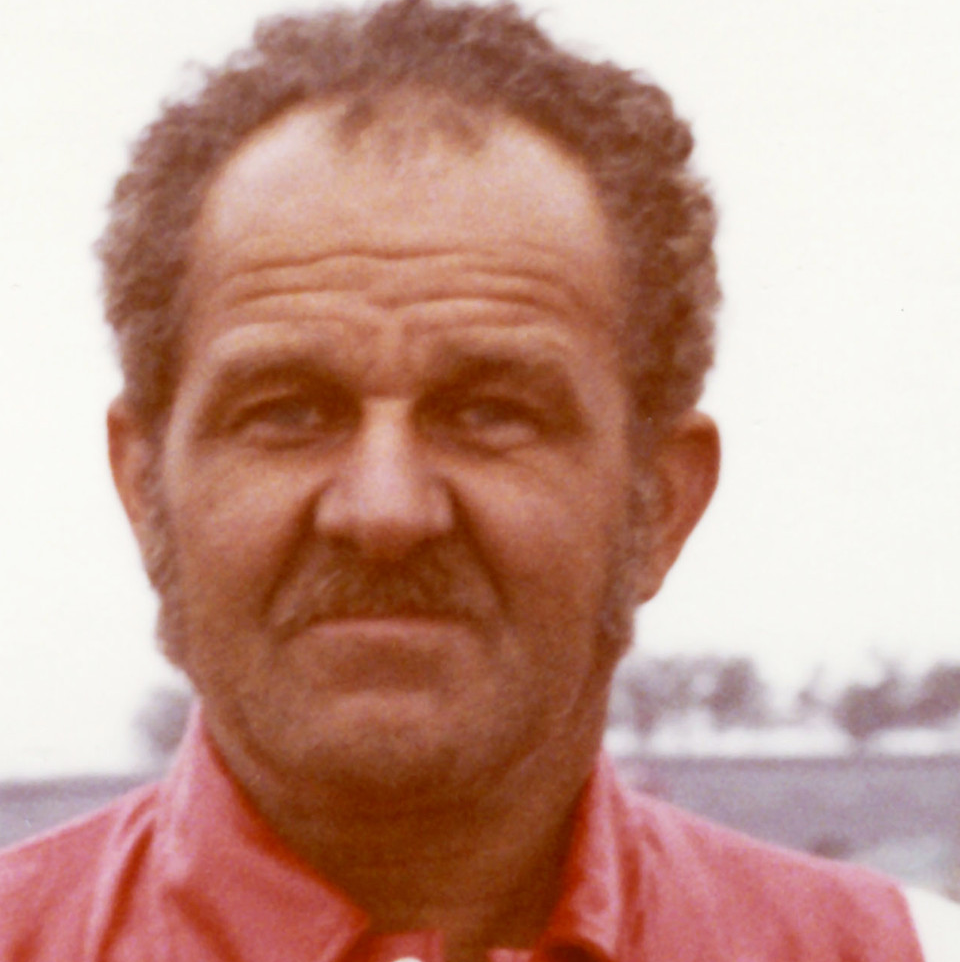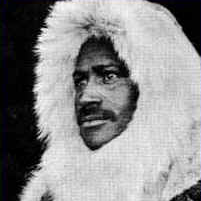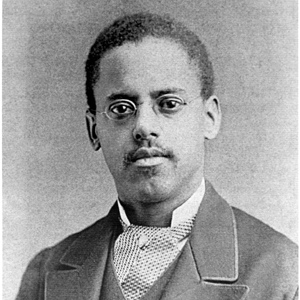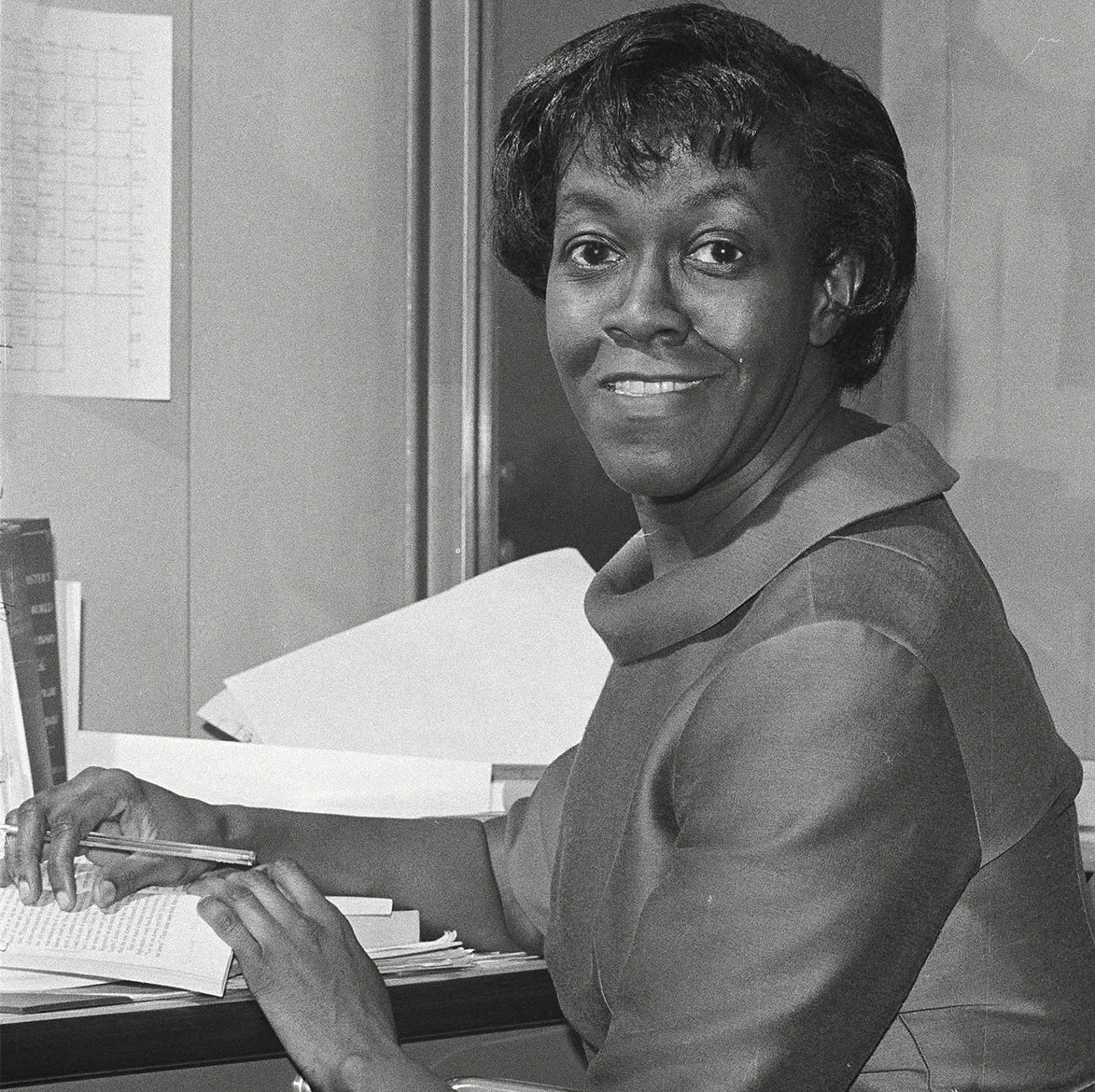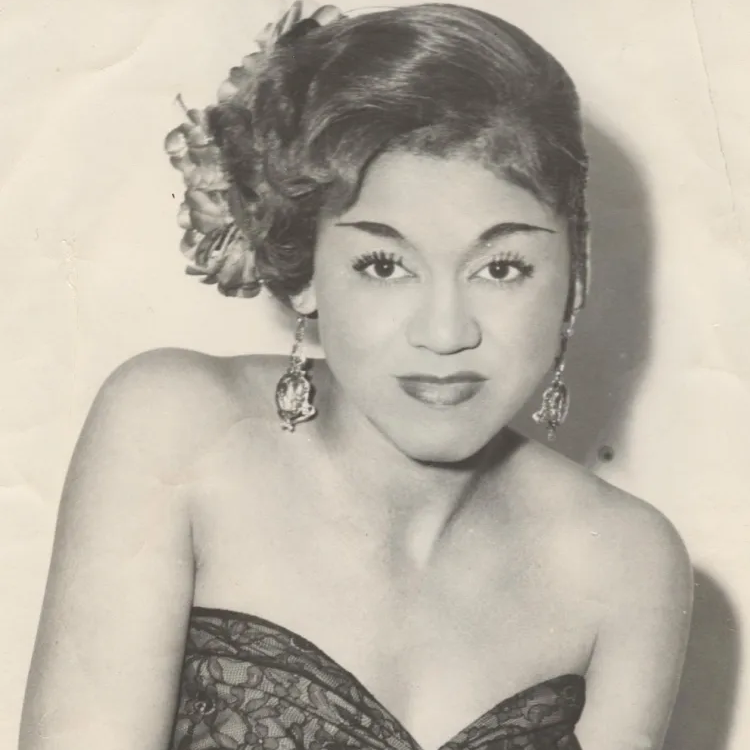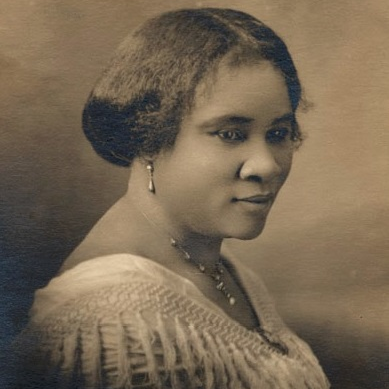Celebrate Black History Month – Who Are They?
Hover (on a computer) or tap (on a phone) on a photo to read that person's bio.
Shirley Chisholm
Shirley Chisholm - (1924-2005) Shirley Anita St. Hill Chisholm was the first African American woman in Congress (1968) and the first woman and African American to seek the nomination for president of the United States from one of the two major political parties (1972). Her motto and title of her autobiography—Unbought and Unbossed—illustrates her outspoken advocacy for women and minorities during her seven terms in the U.S. House of Representatives. (https://www.womenshistory.org/education-resources/biographies/shirley-chisholm)
Bayard Rustin
Bayard Rustin (1912-1987) was an African-American leader in social movements for civil rights, socialism, nonviolence, and gay rights.
Jesse Owens
James Cleveland "Jesse" Owens (1913 – 1980) was an American track and field athlete who won four gold medals at the 1936 Olympic Games.
Bessie Coleman
Bessie Coleman (1892-1926) was the first woman of African American and Native American descent to earn her pilot’s license in the U.S. Known for performing flying tricks, Coleman’s nicknames were: “Brave Bessie,” “Queen Bess,” and “The Only Race Aviatrix in the World.” Her goal was to encourage women and African Americans to reach their dreams – and this became her legacy. Though her life and career were cut short in a tragic plane crash, her life and legacy continue to inspire people around the world. https://www.womenshistory.org/education-resources/biographies/bessie-coleman
Ethel Waters
Ethel Waters (1896–1977) was a blues singer and actress who was the first African American to star in her own television show and to be nominated for a Primetime Emmy Award.
Jane Bolin
Jane Matilda Bolin (1908-2007) was an American attorney and judge. She was the first black woman to graduate from Yale Law School, the first to join the New York City Bar Association and the first to join the New York City Law Department. Bolin became the first black woman to serve as a judge in the United States when she was sworn into the bench of the New York City Domestic Relations Court in 1939.
Marsha P. Johnson
Marsha P. Johnson (1945 - 1992) was one of the most prominent figures of the gay rights movement of the 1960s and 1970s in New York City. She was an important advocate for homeless LGBTQ+ youth, those affected by H.I.V. and AIDS, and gay and transgender rights.
Robert Sengstacke Abbott
Robert Sengstacke Abbott (1870 – 1940) was an American lawyer, newspaper publisher, and editor. Abbott founded The Chicago Defender in 1905, which grew to have the highest circulation of any black-owned newspaper in the country.
Mae Jemison
Mae Jemison (b 1956) is a doctor, engineer, and NASA astronaut.In 1992, Jemison became the first African American woman to travel in space. She has also written several books and appeared on many television programs including an episode of Star Trek: The Next Generation. In addition to her many awards, Jemison has been inducted into the National Women's Hall of Fame and the International Space Hall of Fame.
https://www.womenshistory.org/education-resources/biographies/mae-jemison
Benjamin O. Davis Sr.
Benjamin O. Davis Sr. - (1877 – 1970) was a career officer in the United States Army. One of the few black officers in an era when American society was largely segregated, in 1940 he was promoted to brigadier general, the army's first African American general officer.
Dr. Charles Drew
Dr. Charles Drew - “Father of the Blood Bank” (1904 – 1950) Renowned surgeon and pioneer in the preservation of life-saving blood plasma.
Major scientific achievements:
- Discovered method for long-term storage of blood plasma
- Organized America's first large-scale blood bank
Dr. Charles Richard Drew broke barriers in a racially divided America to become one of the most important scientists of the 20th century. His pioneering research and systematic developments in the use and preservation of blood plasma during World War II not only saved thousands of lives, but innovated the nation’s blood banking process and standardized procedures for long-term blood preservation and storage techniques adapted by the American Red Cross. Source: https://www.acs.org/education/whatischemistry/african-americans-in-sciences/charles-richard-drew.html
Henrietta Lacks
Henrietta Lacks (born Loretta Pleasant; 1920 – 1951) was an African-American woman whose cancer cells are the source of the HeLa cell line, the first immortalized human cell line and one of the most important cell lines in medical research. An immortalized cell line reproduces indefinitely under specific conditions, and the HeLa cell line continues to be a source of invaluable medical data to the present day.
Thurgood Marshall
Thoroughgood "Thurgood" Marshall (July 2, 1908 – January 24, 1993) was an American civil rights lawyer and jurist who served as an associate justice of the Supreme Court of the United States from 1967 until 1991. He was the Supreme Court's first African-American justice. Prior to his judicial service, he was an attorney who fought for civil rights, leading the NAACP Legal Defense and Educational Fund. Marshall was a prominent figure in the movement to end racial segregation in American public schools. He won 29 of the 32 civil rights cases he argued before the Supreme Court, culminating in the Court's landmark 1954 decision in Brown v. Board of Education, which rejected the separate but equal doctrine and held segregation in public education to be unconstitutional. President Lyndon B. Johnson appointed Marshall to the Supreme Court in 1967.
Alvin Ailey
Alvin Ailey (1931 – 1989) was an American dancer, director, choreographer, and activist who founded the Alvin Ailey American Dance Theater (AAADT). He created AAADT and its affiliated Alvin Ailey American Dance Center (later Ailey School) as havens for nurturing Black artists and expressing the universality of the African-American experience through dance.
Ella Baker
Ella Josephine Baker (1903 – 1986) was an African-American civil rights and human rights activist. She was a largely behind-the-scenes organizer whose career spanned more than five decades. In New York City and the South, she worked alongside some of the most noted civil rights leaders of the 20th century. Baker criticized professionalized, charismatic leadership; she promoted grassroots organizing, radical democracy, and the ability of the oppressed to understand their worlds and advocate for themselves. She realized this vision most fully in the 1960s as the primary advisor and strategist of the SNCC.Biographer Barbara Ransby calls Baker "one of the most important American leaders of the twentieth century and perhaps the most influential woman in the civil rights movement." She is known for her critiques of both racism in American culture and sexism in the civil rights movement.
Dr. Rebecca Lee Crumpler
Dr. Rebecca Lee Crumpler (1831 – March 9, 1895) was the first African American woman to receive a Medical Degree (MD) in the United States. Crumpler began her medical career as a nurse in Charlestown, MA. In 1860, Crumpler became the first—and only—African American woman accepted to the New England Female Medical College in Boston. The College, established in 1848, was the first to award MD’s to women. (womenshistory.org)
James Baldwin
James Arthur Baldwin (8/2/24 – 12/1/87) was an American writer and civil rights activist. He was known for his work that included essays, novels, plays, and poems. His first novel, Go Tell It on the Mountain, was published in 1953; decades later, Time magazine included the novel on its list of the 100 best English-language novels released from 1923 to 2005. His first essay collection, Notes of a Native Son, was published in 1955.
Claudette Colvin
Claudette Colvin (born Claudette Austin; September 5, 1939) is an American pioneer of the 1950s civil rights movement and retired nurse aide. On March 2, 1955, she was arrested at the age of 15 in Montgomery, Alabama, for refusing to give up her seat to a white woman on a crowded, segregated bus. This occurred nine months before the more widely known incident in which Rosa Parks, secretary of the local chapter of the National Association for the Advancement of Colored People (NAACP), helped spark the 1955 Montgomery bus boycott.
Gordon Parks
Gordon Parks (1912-2006) American photographer, composer, author, poet and film director. Born in Fort Scott, Kansas, he was the youngest of 15 children. Growing up in a segregated community, he was discouraged from “developing aspirations for higher education.” After years of bouncing around cities and jobs (some disreputable?) he didn’t encounter photography until he was 28, buying his first camera after seeing photos of migrant workers in a magazine. He later started a portrait business in Chicago, focusing on society women and fashion. In addition, he photographed the myriad experiences of African Americans across the city. After much acclaim, he joined the Farm Security Admin., chronicling the nation’s social conditions, particularly for African Americans around the country. When that disbanded, he later joined Vogue as a freelance fashion photographer and later Life magazine. He developed new techniques/styles for fashion photography, writing 2 books on photography techniques.
He eventually made his way to the film industry, directing Shaft as well as it’s sequel, and was involved in many other film projects. His career extended in to more writings (fiction and nonfiction), composing, poetry and always photography. Much of this is now documented by The Gordon Parks Foundation in Pleasantville, NY and The Gordon Parks Museum/Center in Fort Scott, KS.
Fritz Pollard
Frederick Douglass "Fritz" Pollard (1894 – 1986) was an American football player and coach. In 1921, he became the first African-American head coach in the National Football League (NFL). Pollard and Bobby Marshall were the first two African-American players in the NFL in 1920. Football pioneer Walter Camp called Pollard "one of the greatest runners these eyes have ever seen."
Max Robinson
Max Robinson (1939 – 1988) was an American broadcast journalist, most notably serving as co-anchor on ABC World News Tonight alongside Frank Reynolds and Peter Jennings from 1978 until 1983. Robinson is noted as the first African-American broadcast network news anchor in the United States. Robinson was a founder of the National Association of Black Journalists.
Alice Coachman
Alice Coachman (1923-2014). Alice was the first Black woman from any country to win an Olympic Gold Medal. Growing up in the segregated south, she faced obstacles with her training for her race and gender. She trained with what was available to her, making her own jumping equipment and running shoeless along the dirt roads around her house. She competed, won and broke several records for dozens of national championships during her school years, both in high jump and running. Competing in the 1948 Olympics, she was the only American woman to win a gold medal that year. There were many parades and celebrations upon her return to the states. In 1952, she became the first African-American woman to endorse an international product when she was signed as a spokesperson by Coca-Cola Company. She attended and graduated college in 1949 and became a teacher and track-and-field instructor.
Howard Thurman
Howard Thurman (1899 – 1981) was an American author, philosopher, theologian, mystic, educator, and civil rights leader. As a prominent religious figure, he played a leading role in many social justice movements and organizations of the twentieth century. Thurman's theology of radical nonviolence influenced and shaped a generation of civil rights activists, and he was a key mentor to leaders within the civil rights movement, including Martin Luther King Jr.
Wendell Scott
Wendell Oliver Scott (1921 – 1990) was an American stock car racing driver. He was the first African-American driver and team owner to compete and win in all divisions of NASCAR at its highest level. Scott began his racing career in local circuits in the late 1940s and obtained his NASCAR license in 1953, making him the first African-American ever to compete in NASCAR. He debuted in the Grand National Series (NASCAR highest level) on March 4, 1961, in Spartanburg, South Carolina. On December 1, 1963, he won a Grand National Series race at Speedway Park in Jacksonville, Florida, becoming the first black driver and team owner to win at NASCAR's premier level. Scott's career was repeatedly affected by racial prejudice including being poisoned (Dover) and death threats (Spartanburg, Darlington, Talladega, Jacksonville, and Daytona). Despite these challenges he continued to compete and was posthumously inducted into the International Motorsports Hall of Fame & NASCAR Hall of Fame in 2015.
Matthew Alexander Henson
Matthew Alexander Henson (1866 – 1955) was an African American explorer who accompanied Robert Peary on seven voyages to the Arctic over a period of nearly 23 years. They spent a total of 18 years on expeditions together. He is best known for his participation in the 1908–1909 expedition that claimed to have reached the geographic North Pole on April 6, 1909. Henson said he was the first of their party to reach the North Pole.
Lewis Latimer
Lewis Latimer (1848 – 1928) was an American inventor and patent draftsman. His inventions included an evaporative air conditioner, an improved process for manufacturing carbon filaments for light bulbs, and an improved toilet system for railroad cars. Latimer's innovations in the design of carbon filaments, which were used in incandescent light bulbs, significantly improved the bulb's efficiency and made it more practical for everyday use. His contributions to the lighting industry helped make electric lighting more accessible and affordable.
Gwendolyn Brooks
Gwendolyn Brooks (1917 – 2000) was an American poet, author, and teacher. Her work often dealt with the personal celebrations and struggles of ordinary people in her community. She won the Pulitzer Prize for Poetry on May 1, 1950, for Annie Allen, making her the first African American to receive a Pulitzer Prize.
Rose Marie McCoy
Rose Marie McCoy (1922 – 2015) was an American songwriter. She began her career as an aspiring singer before becoming a prolific songwriter during the 1950s and 1960s. Many artists have recorded some of the over 800 songs she published, including Big Maybelle, James Brown, Ruth Brown, Nat King Cole, Aretha Franklin, Elvis Presley, and Ike & Tina Turner.
Madam C.J. Walker
Madam C.J. Walker (born Sarah Breedlove; 1867 – 1919) was an African American entrepreneur, philanthropist, and political and social activist. She is recorded as the first female self-made millionaire in America in the Guinness Book of World Records. Walker made her fortune by developing and marketing a line of cosmetics and hair care products for black women through the business she founded, Madam C. J. Walker Manufacturing Company. She became known also for her philanthropy and activism. She made financial donations to numerous organizations such as the NAACP, and became a patron of the arts. Villa Lewaro, Walker's lavish estate in Irvington, New York, served as a social gathering place for the African-American community. At the time of her death, she was considered the wealthiest African-American businesswoman and wealthiest self-made black woman in America.
Source: Wikipedia unless otherwise noted.




